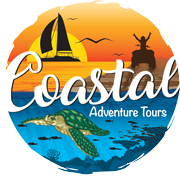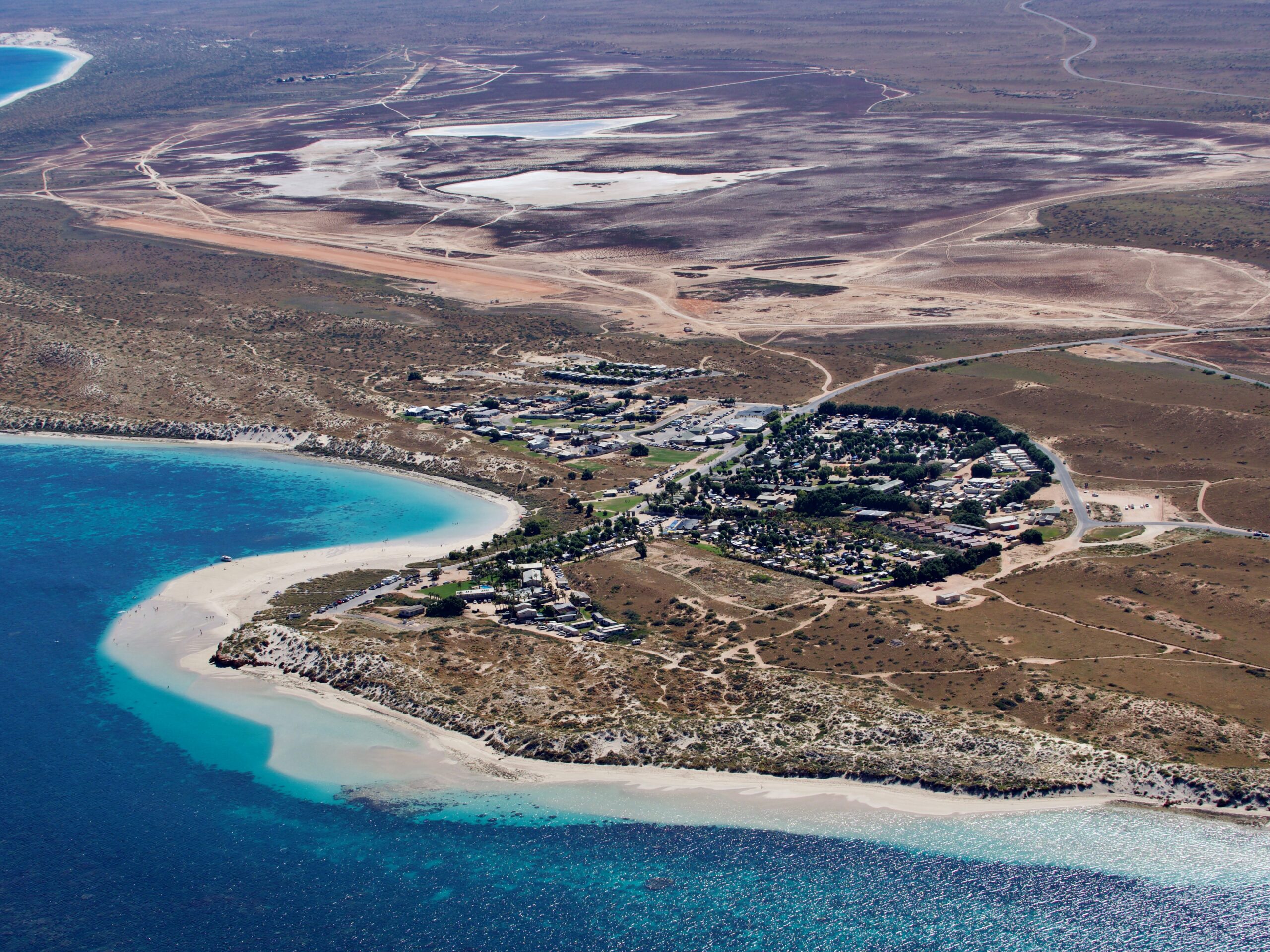
Help Protect Coral Bay
Below are a few things you can do to make sure Coral Bay and the Ningaloo Reef stays pristine for years to come.
In General
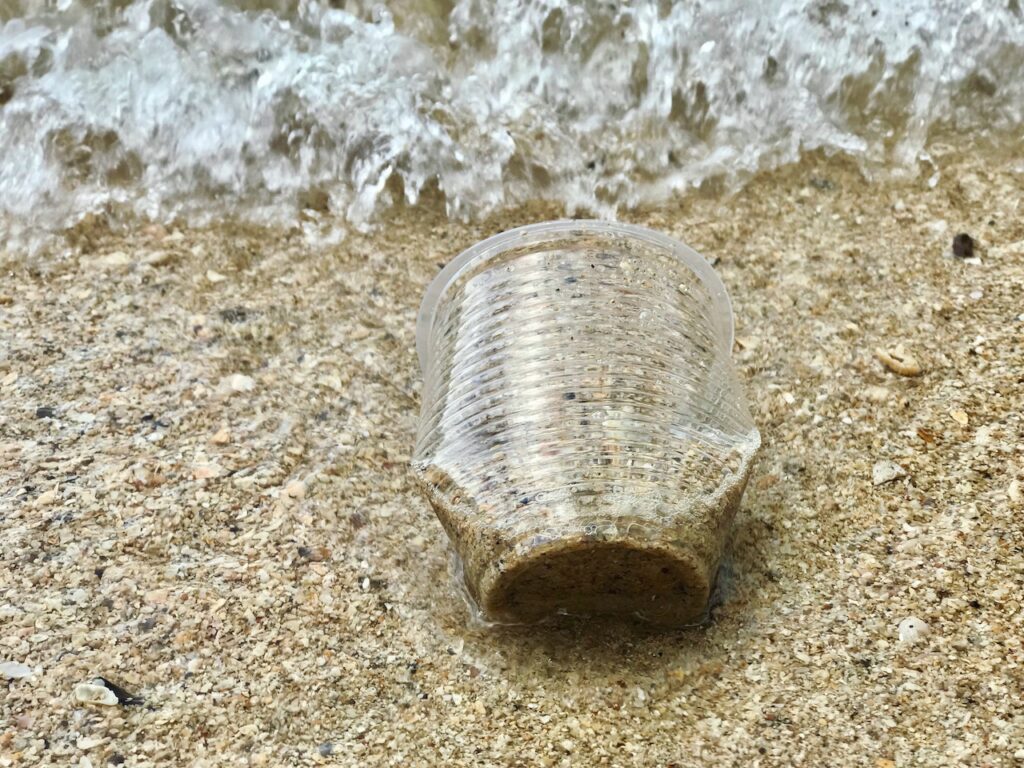
Don’t Litter
Rubbish left blowing around ends up in the ocean where it kills marine life and poisons seafood. Chemicals in the waste can also contaminate the ocean and enter the food chain. Marine pollution and microplastics can be dangerous for humans too as they have been found in the food we eat and the water we drink. Please put your rubbish in a bin. There are Containers for Change bins around town for cans and bottles, and Ningaloo Reef Dive have a great recycling program where you drop off items like broken Havaiana thongs, used pens, empty dishwashing products, Gillette razors, and more.
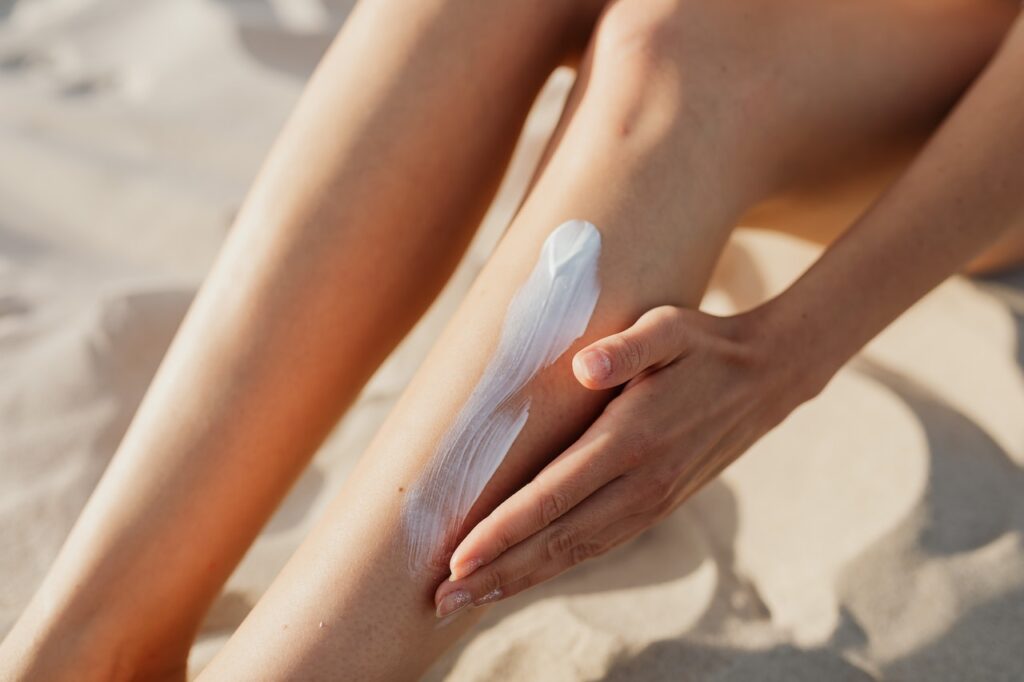
Use Reef Safe Sunscreen
Did you know that most sunscreens contain chemicals that are proven to damage coral reefs and marine wildlife? Using a REEF SAFE sunscreen is an easy way to help protect marine ecosystems worldwide. Check the ingredients of sunscreen before purchasing, the chemicals to avoid are OXYBENZONE, OCTINOXATE, and OCTOCRYLENE. Use REEF SAFE sunscreen even if you’re not snorkelling, sunscreen washes down the drain when you shower, this then ends up in the ocean. We recommend Sunbutter sunscreen.
While Snorkelling or Diving
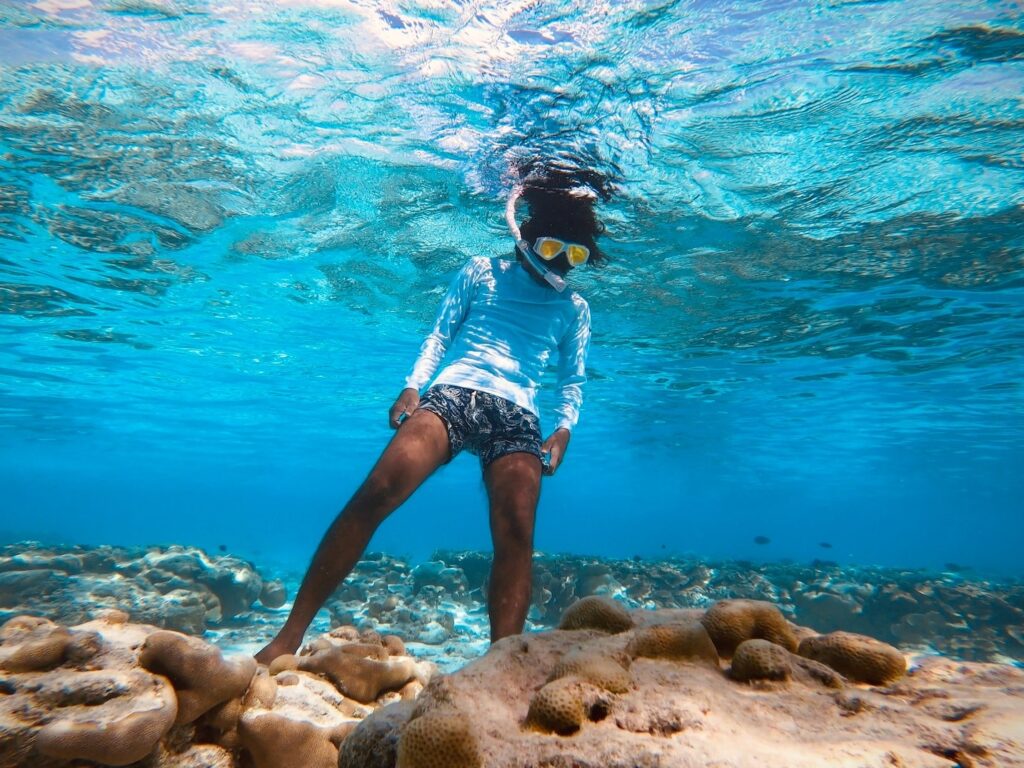
Do not touch or step on coral
Watch your feet and fins at all times. Divers and snorkellers can easily break coral with their feet or fins. Corals are very fragile and take a long time to grow.
Stepping on or kicking coral can break it, expose it to diseases or even kill it – not to mention cutting your feet.
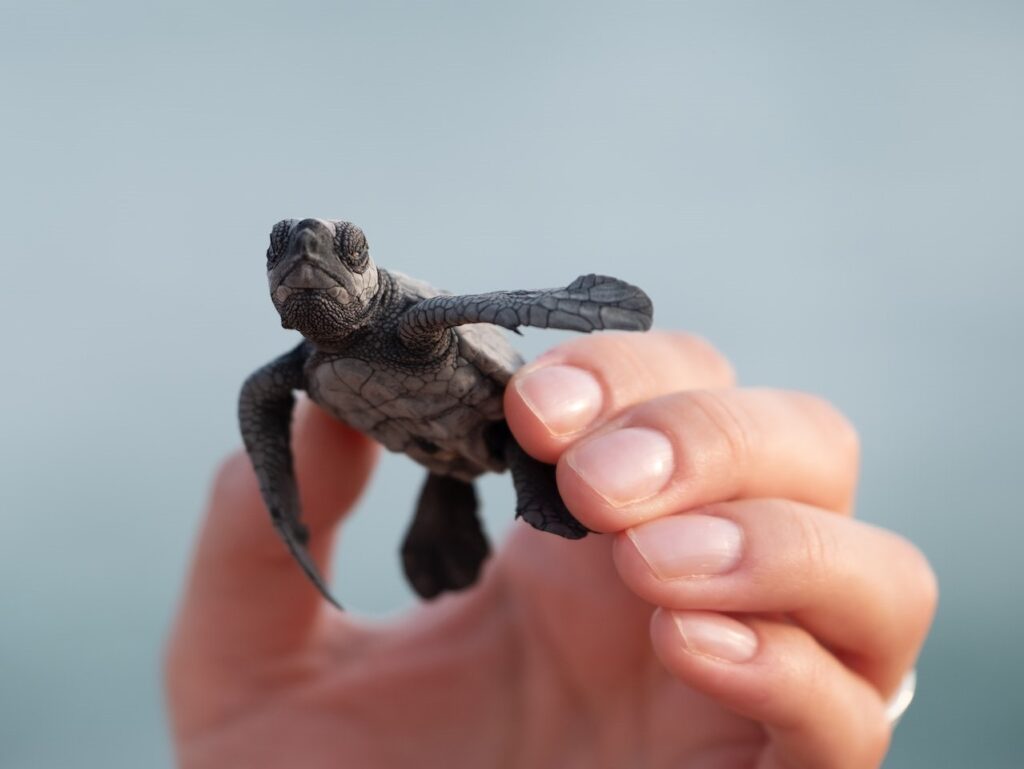
Do not chase or touch any marine life
This can cause great stress to any animal. It can also transmit diseases or remove the protective coatings of fish, mammals, invertebrates and other species. Look but never touch and try not to get too close. By giving marine life plenty of space, you’re also more likely to have a longer and more enjoyable encounter.
Boating / Fishing:
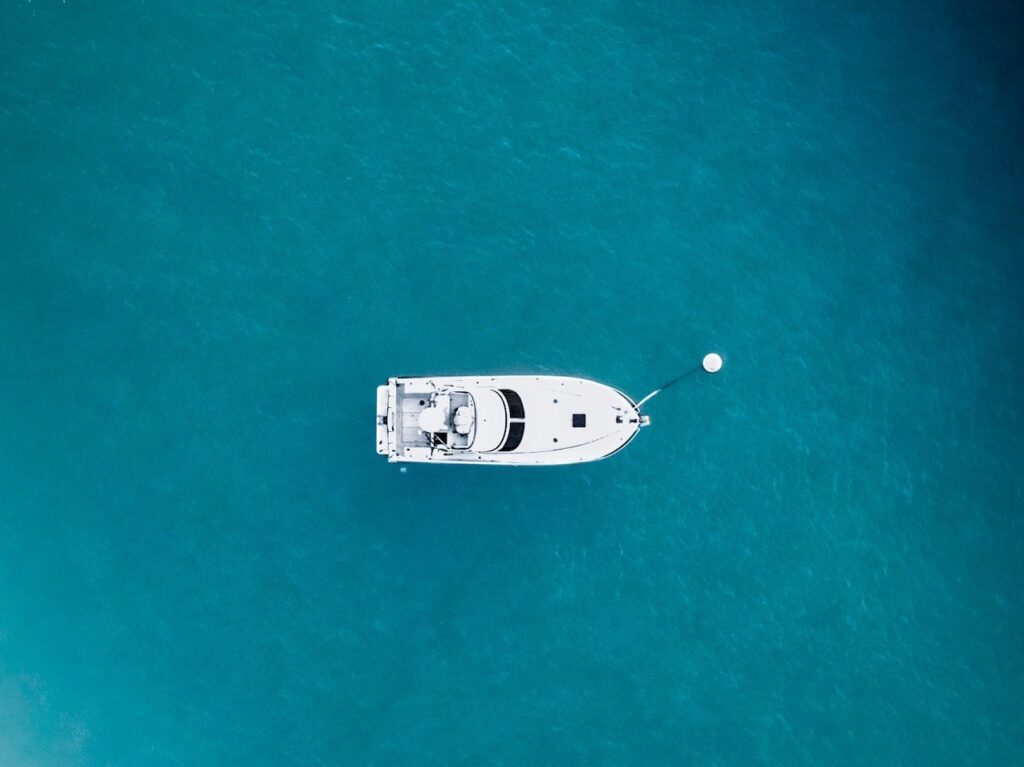
Do not anchor on coral reefs
When anchors are dropped onto the fragile coral reef, they cause massive amounts of destruction. If the boat changes direction with wind or currents, the anchor and chain will drag and cause more damage to our valuable reefs. Only anchor on sand clear of coral, or better yet, the destructive impacts of anchors can be avoided all together by using the mooring buoys. This practice also sets a good example for others and raises awareness of the highly damaging practice of anchoring.
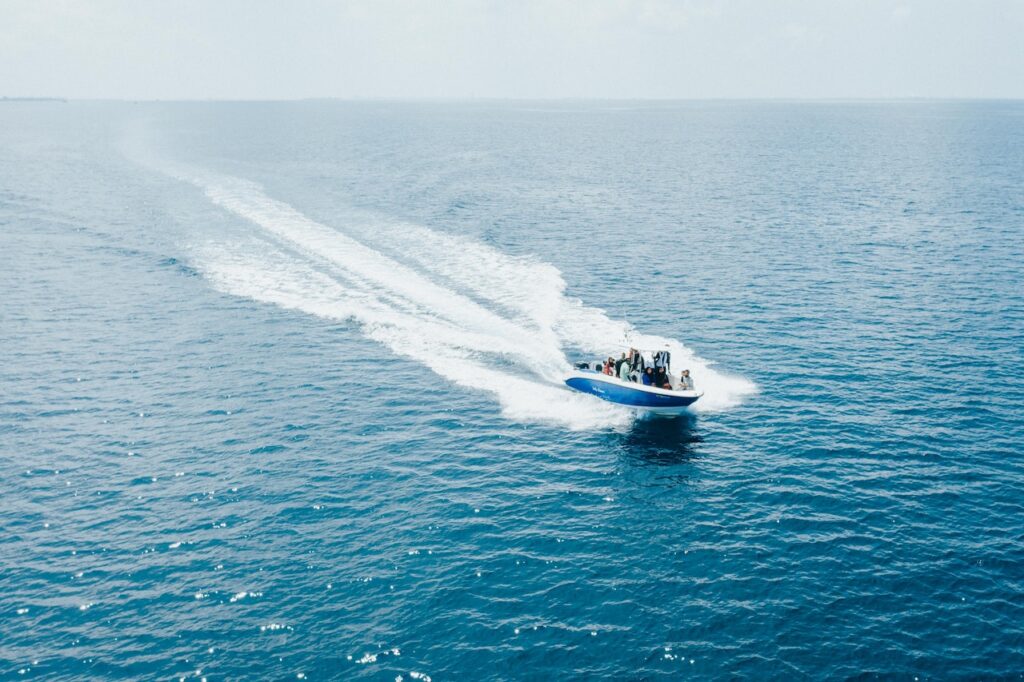
Slow it down, what’s the rush?
Travelling at high speed increases your risk of hitting marine wildlife. Prop strike injuries on marine wildlife are all too common on the Ningaloo, whalesharks, whales, dolphins, manta rays, and turtles have all been recorded with prop-strike damage. This is obviously quiet painful for the animals and often increases the risk of that individual dying prematurely.
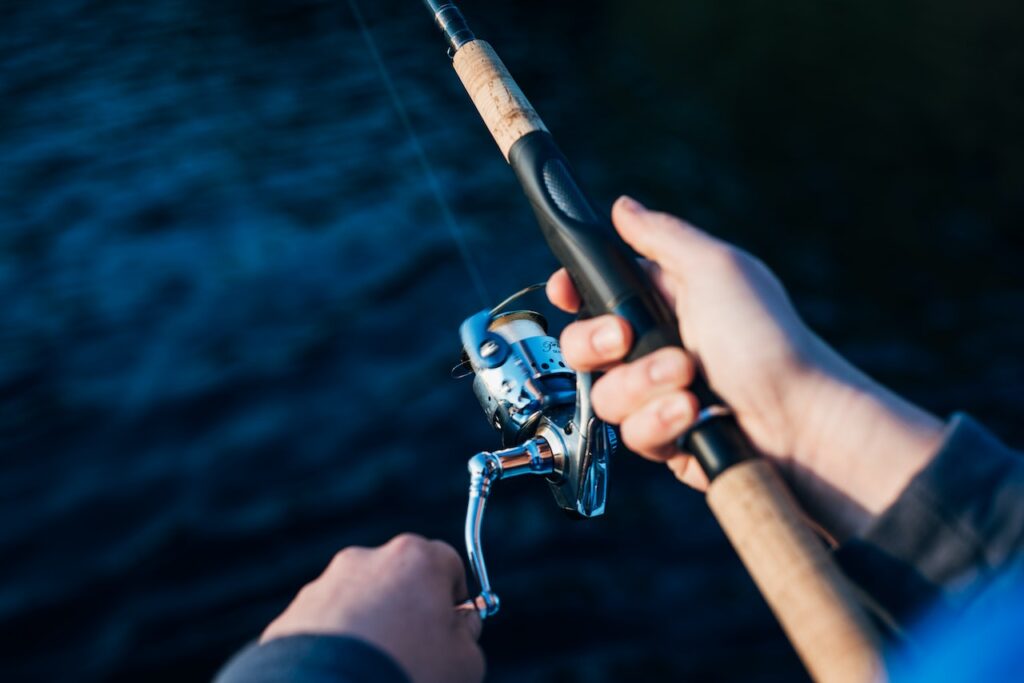
Know the Sanctuary Zones
There are many sanctuary zones on and around the Ningaloo, make sure you’re in the right spot before fishing. Huge fines apply if you’re caught fishing in a sanctuary, and “I didn’t know” doesn’t work as an excuse. Make sure know the size and limit rules too.
Spearfishing has additional rules, there’s certain fish you cannot spear on the Ningaloo. Come and see us at Coastal Adventure Tours (WA) shop for more info.
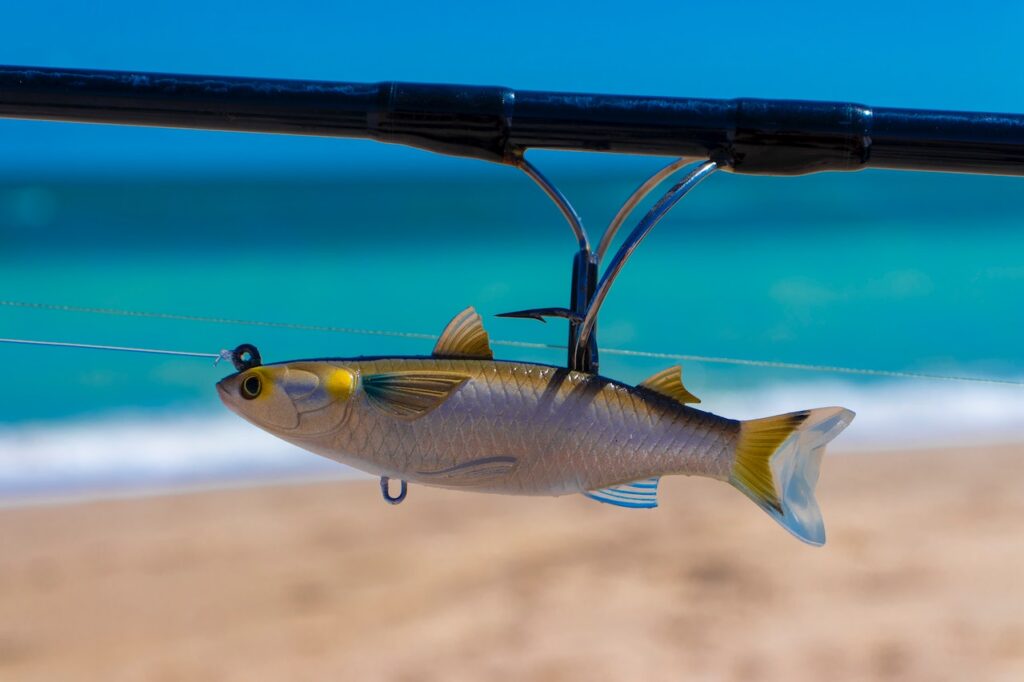
Use the Right Gear
Knowing which gear to use will not only get you on to better fish, but will save you money as you won’t be loosing your tackle. Using topwater or shallow diving lures is a great option for when fishing above coral, anything that sinks is likely to get snagged and probably damage the reef in the process.
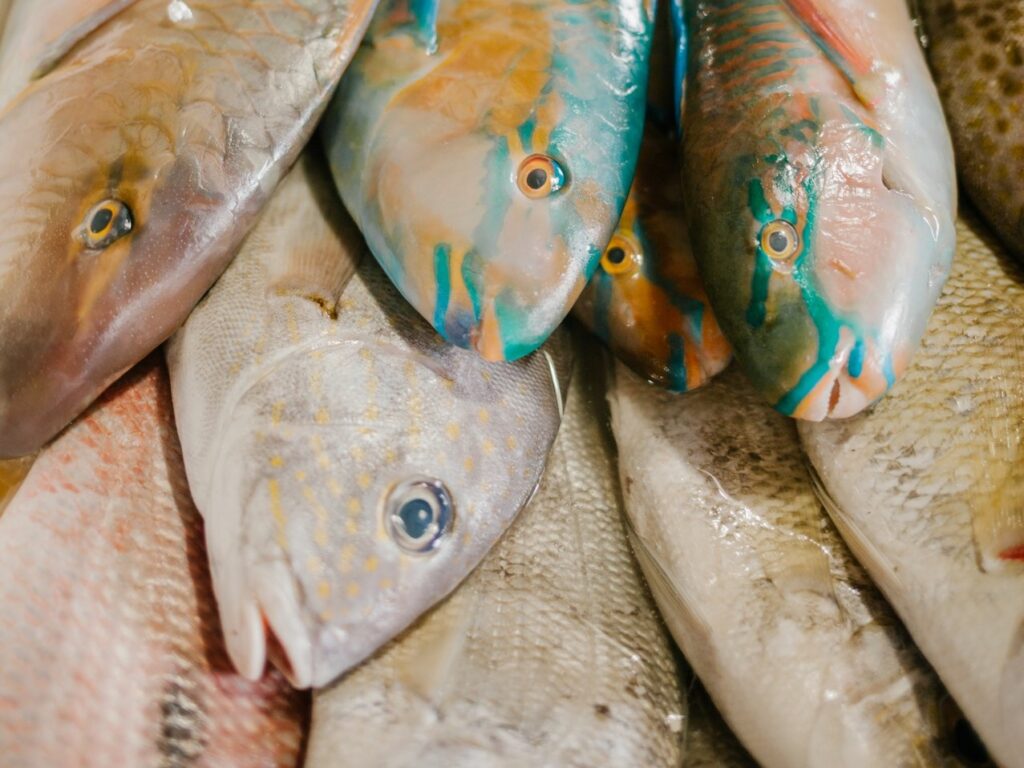
Only Take What You Need
The Ningaloo Marine Park, along with many other fisheries around the world, are under immense pressure from over-fishing. Coming to “fill the freezer” is not a sustainable way to fish. Please fish for the future and only take what you need. Know the bag/boat limits and keep an eye out for the most up-to-date recreational fishing guide, available from our shop. More info here
Check out the Coral Bay Boating Guide from DOT here
4WD Driving
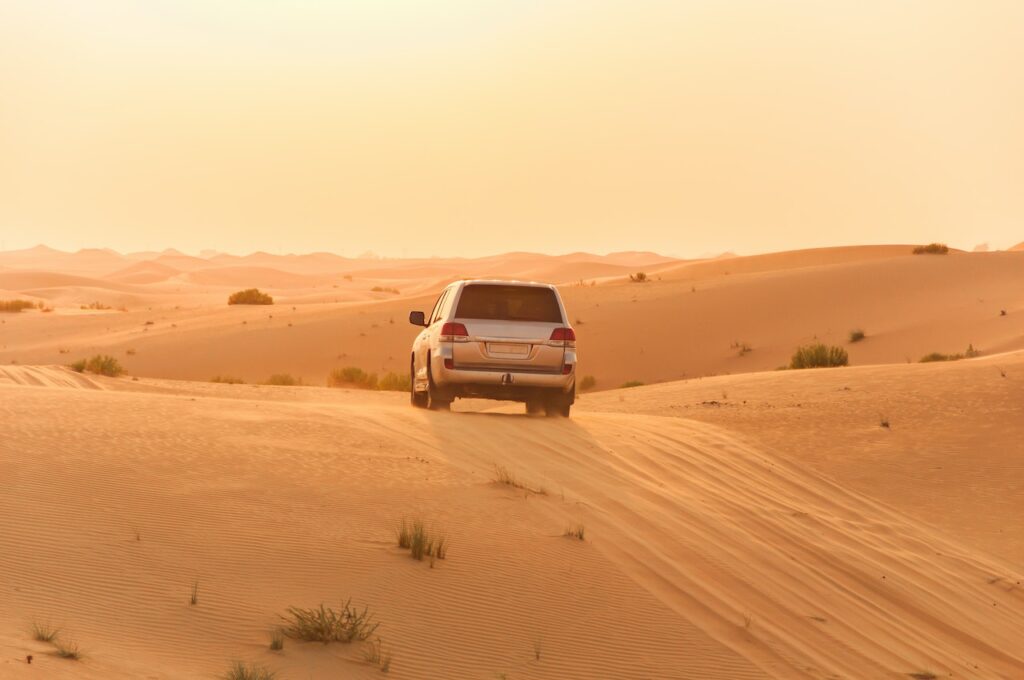
Let Your Tyres Down
Lowering your tyre pressures will reduce the likelihood of getting bogged or stuck on soft sand. We generally suggest tyre pressures between 12-15psi for most 4wd’s, but this can vary depending of the type of 4wd you have, the size of tyres you have fitted, how heavy your 4wd is, and other factors.
There is no official recovery service in Coral Bay.
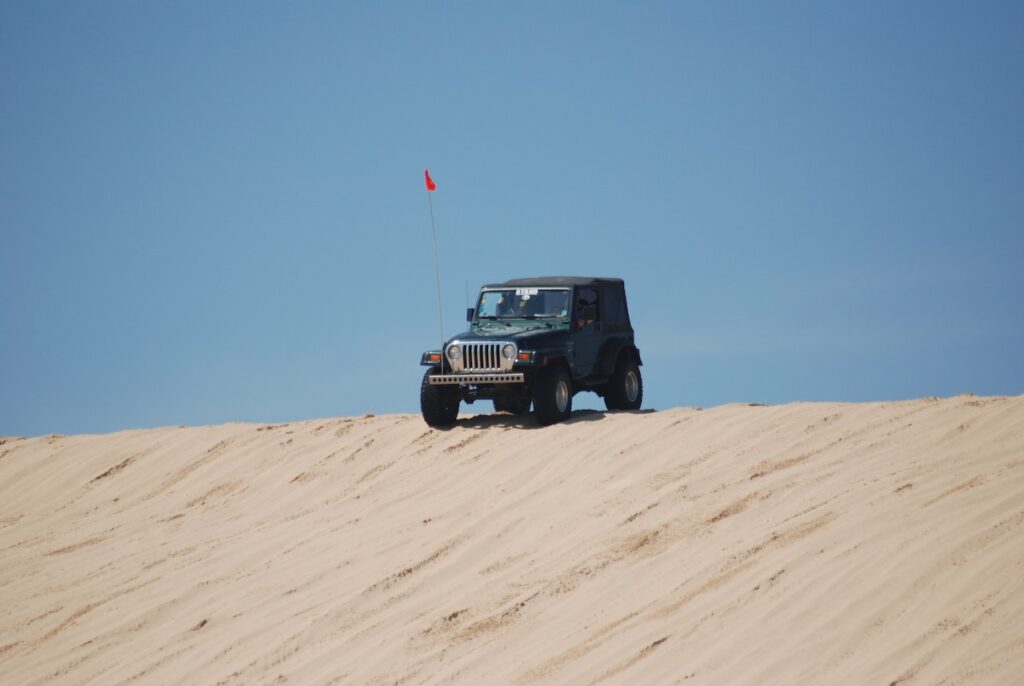
Been Seen on the Track, use a Sand Flag
The 4wd tracks around Coral Bay have blind corners, crests, and dunes, using a sand flag means other people will see coming and hopefully avoid head-on collisions. Most insurance companies won’t cover you on the 4wd tracks in you’re involved in an accident.
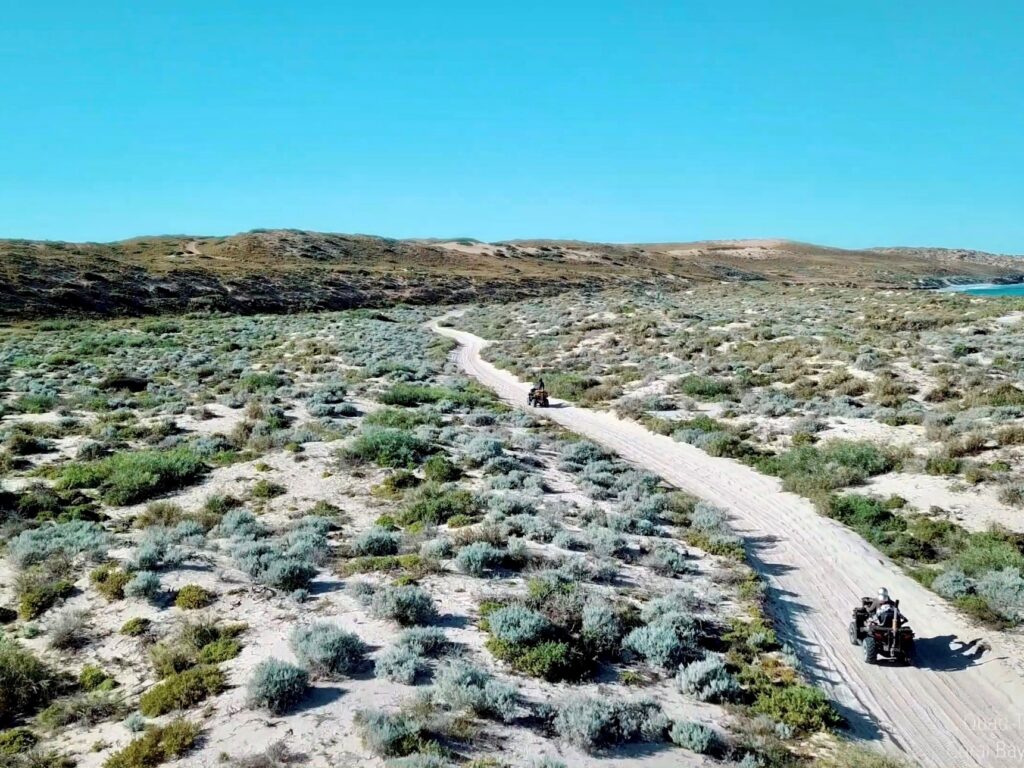
Stay on the Track
The 4WD tracks around Coral Bay are clearly marked. Stay on the marked tracks to avoid unnecessary damage and destruction to the dunes and bushland.
Got any other suggestions? Let us know!
